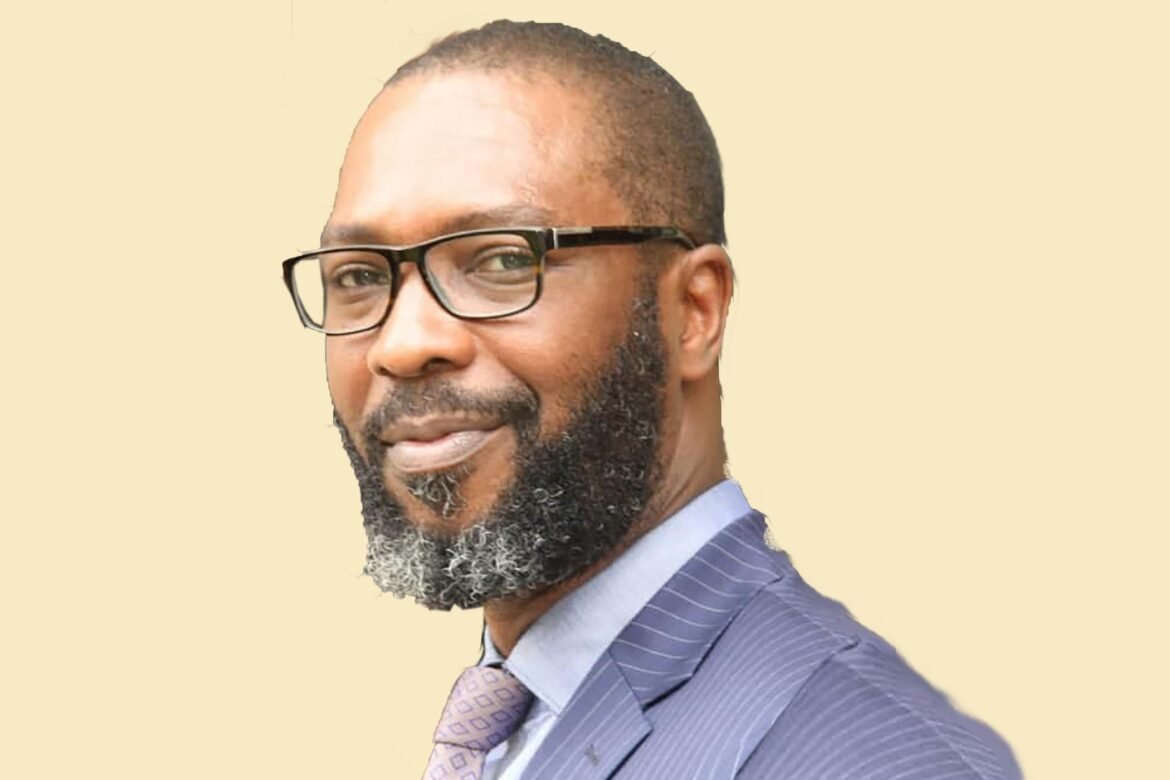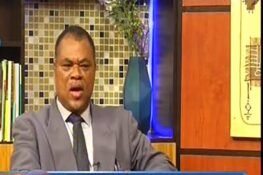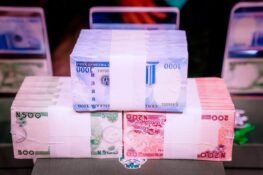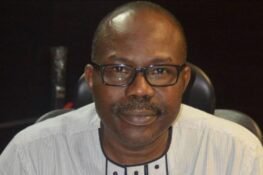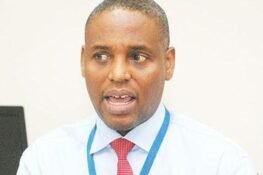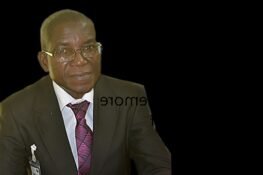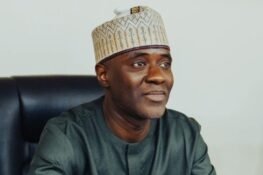On May 24, President Muhammadu Buhari would launch the fishermen training and ship-building project as part of the Amnesty Programme in the Niger Delta. Patrick Osobase, the CEO of the Concept Amadeus, a private company involved in the project, shares his thoughts:
Your company is working with international partners and the amnesty office to move the Niger Delta economy away from oil and towards fishing. How will this partnership work?
This partnership between us and the amnesty office is anchored by five Greek companies. Each of them specialises in various areas.
We have the Greek university which is going to come and train these fishermen to international standards and award them E.U certified certificates.
That allows them not only work in the Niger Delta, but anywhere in the world. We are also going to build the vessels for the project, a hundred vessels in the first instance.
This was brought to bear by the pressure put on by the ERGP, that rather than the Greek companies just bring in already built vessels, we build them here.
Thereby, there is transfer of technology and also now establishing a boat building industry for trawlers, for not just Nigeria but for the entire Western and Central Africa.
This also means our people will be trained in boat building and we will now have an industry in boat building. So this partnership is designed to create employment for 2000 amnesty beneficiaries who will man the project.
The Greeks will manage it, with support from the federal government who are bringing the people who actually do the fishing. We are also there to oversee and ensure all parties deliver their parts of the project.
This also means our people will be trained in boat building and we will now have an industry in boat building
Why fishing and not agriculture or manufacturing?
Part of the agitation in the Niger Delta has been based on the age-old tradition of fishing, which has died due to oil spillages in a lot of communities.
And we must remember our people use canoes. Canoes have a certain distance they can go before they get into the high seas and can’t work in such areas.
So, our people are being forced to give up fishing and take up arms because the traditional thing they have done for centuries have now been taken away from them.
What we aim to achieve by this is to reestablish that age-old tradition of fishing but bringing it up to the 21st century by giving them the modern technology using trawlers and tracking systems to ensure they get proper catches.
So, our people are being forced to give up fishing and take up arms because the traditional thing they have done for centuries have now been taken away from them
Isn’t overfishing already a problem in the Gulf of Guinea?
It is a problem in the Gulf of Guinea because of the illegal fishing going on. We have Chinese, Indians, Turks and even Norwegians.
We have all sorts of international companies coming to fish in our waters and they are doing that because most of the coast guards and the countries’ navies that exist in Africa are interesting in bunkering and looking at people moving oil.
However, a fishing trawler could be passing by carrying twice the value of a little bunkered vessel which everybody’s attention is on.
So, once that situation is checked, Africans will benefit. We could have built bigger vessels, but to create employment, we are building smaller vessels that can take about six people and they can bring about one and a half tonnes of fish in each catch.
This means a lot more people can be employed rather than thus 40/50 tonne vessels that only have 18 people on board and are all mechanised.
We will have 40 vessels of our own which will employ six people multiplied by 40 who now be gainfully employed rather than just using big vessels. So the idea is to ensure we can create employment, meet the needs of the nation and the foreign requirements.
You’ve painted a security situation that is centered on only around oil bunkering but also illegal fishing. How does this project help the security situation in the Niger Delta?
Most of the oil is offshore, and is piped inshore. It’s close to shore that you have a lot of the wells and what have you.
A lot of people who having lost their way of living and found themselves into militancy think it is the only way to get results.
With this project, we are re-establishing an industry and giving them a way of life from fishing, processing, selling.
There is a whole gamut of opportunities which this project will give apart from the direct beneficiaries. In the region, tens of thousands of people will be able to make a living off of this project.
We are spending huge amounts of money importing sea fish, which are actually caught in our waters, and taken to Europe, repackaged and then brought back to us at a premium
How much do you expect this project to add to the economy of the region in next few years?
I would like to take Nigeria for example. We do over two million metric tonnes of fish, which is consumed per year.
As at now, the current push by the federal government, we started doing a lot of fish farms. Most of the fish farms are catfish.
Many people are not very keen on catfish. But it is meeting a need. We used to import $1.5bn worth of fish every year about three years ago.
It is now down to about $500m a year because of the catfish expansion. However, the scaly fish and sea fish demand is as high as ever but is not available.
We are spending huge amounts of money importing sea fish, which are actually caught in our waters, and taken to Europe, repackaged and then brought back to us at a premium.
Again, with this project, we will be producing. There is a processing plant that is going to be out here in Nigeria.
It will process, package and distribute the fish to all the six zones of the federal republic thereby ensuring that we have fish, fresh fish, maximum 24 hours old in every part of the country.
That’s the plan over the next one year. And in the next two years, we intend to expand to every local government in the federation using specialised cold rooms and a distribution system.
